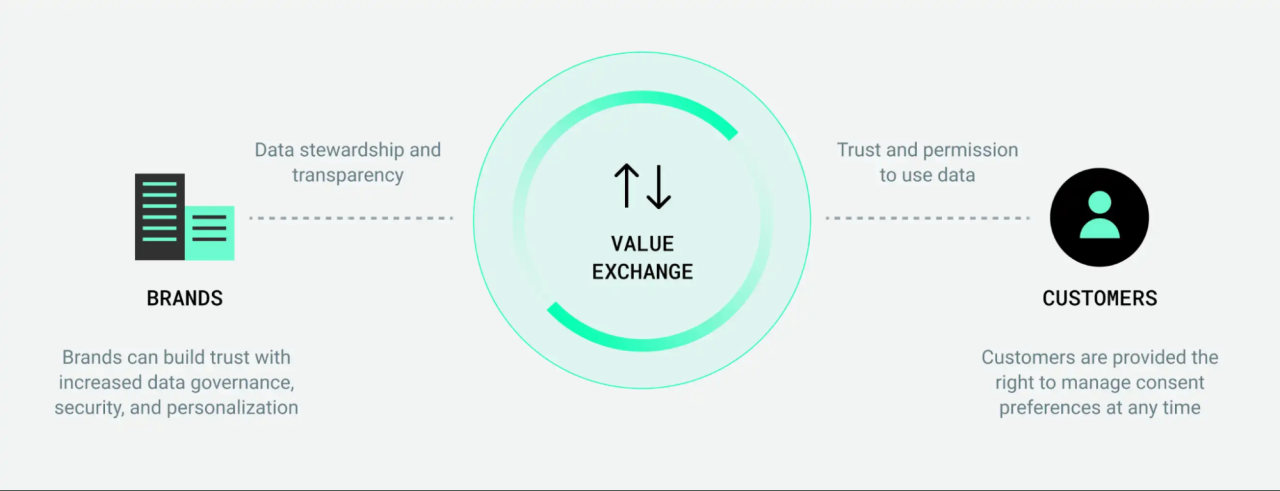
The use of big data is transforming the way businesses interact with their customers. By analyzing large datasets on customer behavior, preferences, and feedback, businesses can gain valuable insights into how to improve the customer experience. One of the key ways that big data is being used to personalize interactions with customers. In this article, we'll explore the ways that big data is being used to personalize customer interactions and improve the overall customer experience.
What is Big Data?
Big data refers to the vast amount of data that is generated by digital devices and systems. Big data is characterized by its volume, velocity, and variety. The volume of data generated by customer interactions can be immense, while the velocity at which it is generated can be rapid. The variety of data can also be diverse, including structured and unstructured data from a range of sources.
Personalizing Customer Interactions
Big data is being used to personalize customer interactions in a number of ways:
- Tailoring Marketing Efforts
Big data is being used to tailor marketing efforts to individual customers. By analyzing data on customer behavior and preferences, businesses can develop targeted marketing campaigns that are more likely to resonate with customers.
- Offering Personalized Recommendations
Big data is also being used to offer personalized recommendations to customers. By analyzing data on customer behavior and preferences, businesses can suggest products and services that are more likely to meet the needs of individual customers.
- Providing Customized Experiences
Big data is also being used to provide customized experiences to customers. By analyzing data on customer behavior and preferences, businesses can tailor their products and services to meet the unique needs of individual customers.
The Benefits of Personalizing Customer Interactions
The use of big data to personalize customer interactions offers a range of benefits, including:
- Improved Customer Satisfaction
Personalizing customer interactions can improve customer satisfaction by providing a more tailored experience that meets the unique needs of individual customers.
- Increased Sales
Personalizing customer interactions can also lead to increased sales by suggesting products and services that are more likely to meet the needs of individual customers.
- Greater Customer Loyalty
Personalizing customer interactions can also increase customer loyalty by demonstrating a commitment to meeting the unique needs of individual customers.
The Challenges of Personalizing Customer Interactions
While the use of big data to personalize customer interactions offers many benefits, there are also challenges that need to be addressed:
- Data Privacy and Security
Data privacy and security are major concerns when it comes to big data and customer interactions. As more and more data is collected and stored, there is a risk that it could be misused or exploited. There is a need for greater transparency and accountability around how data is collected, stored, and used.
- Data Quality
Data quality is another challenge in big data and customer interactions. Ensuring that data is accurate, complete, and consistent can be difficult, especially when dealing with large volumes of data from multiple sources.
- Balancing Personalization with Privacy
There is also a need to balance personalization with privacy. While personalizing customer interactions can improve the customer experience, it is important to do so in a way that respects the privacy of individual customers.
Conclusion
The use of big data is transforming the way businesses interact with their customers. By analyzing large datasets on customer behavior, preferences, and feedback, businesses can gain valuable insights into how to improve the customer experience. One of the key ways that big data is being used to personalize interactions with customers. By tailoring marketing efforts, offering personalized recommendations, and providing customized experiences, businesses can improve customer satisfaction, increase sales, and build greater customer loyalty. However, there are also challenges that need to be addressed, including data privacy and security, data quality, and balancing personalization with privacy. As businesses continue to integrate big data into their customer interactions, it is important that they do so in a way that prioritizes transparency, accountability, and the well-being of individual customers.